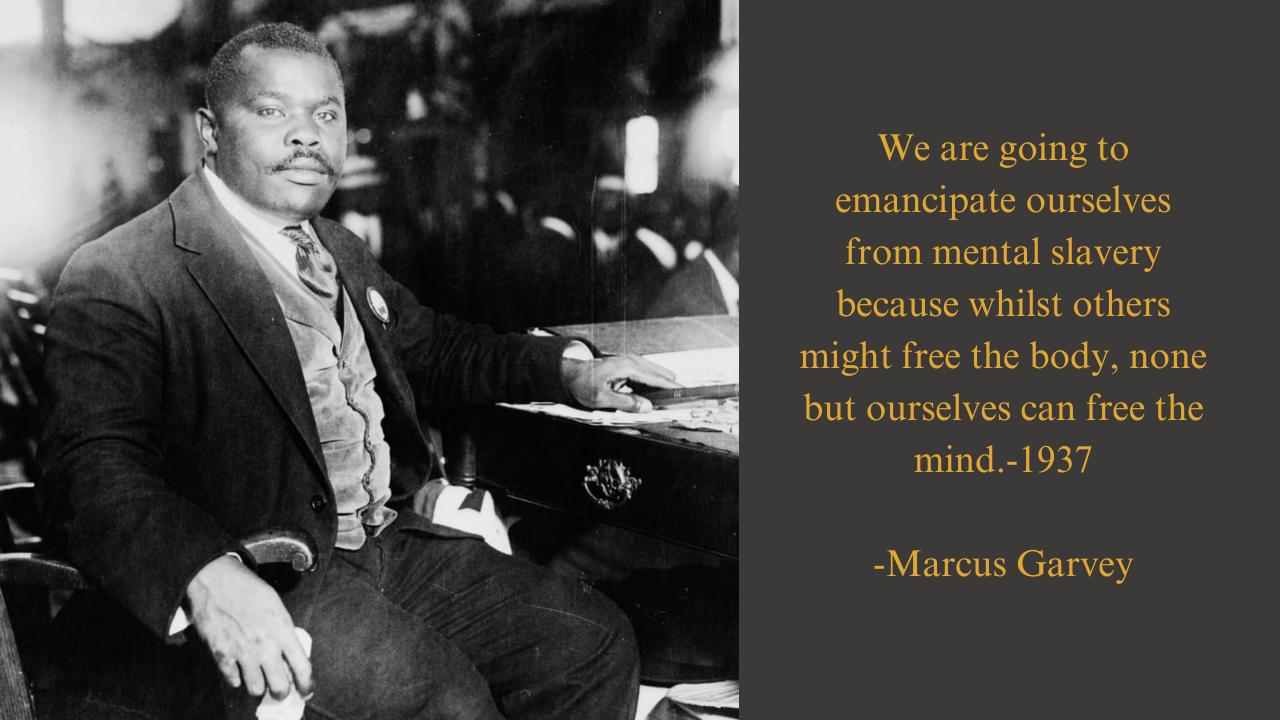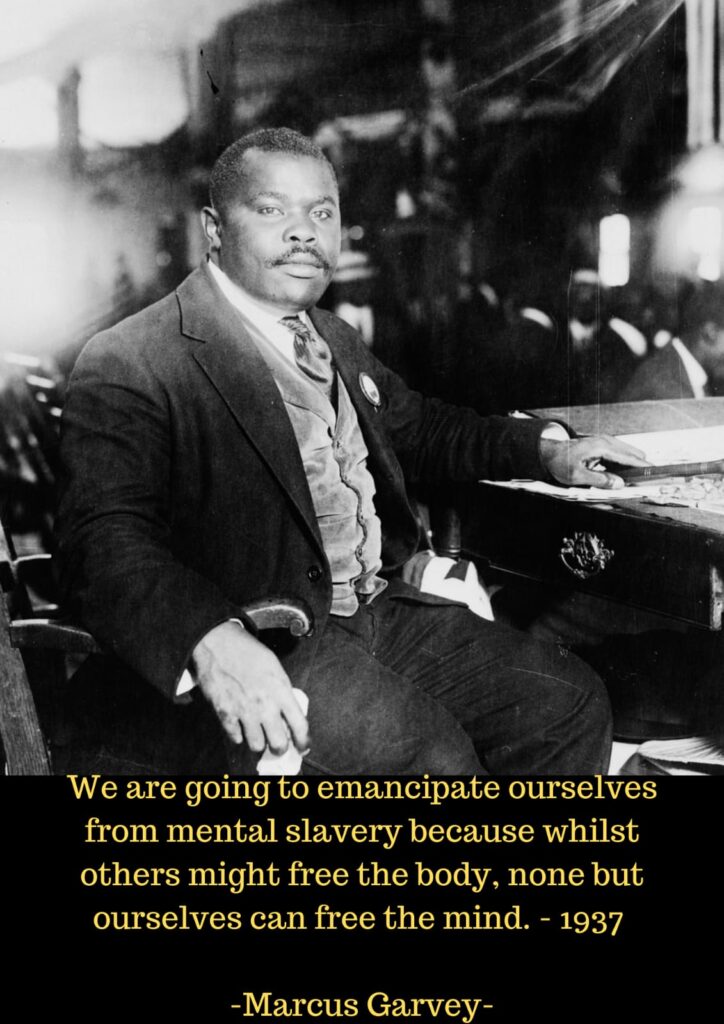The Complexity of Unity and Competition Among Afro Communities
Velvet Waite I July 12,2024

The unity of Afro-descendant communities has long been a subject of discussion and analysis, both within the communities themselves and by external observers. Despite shared histories of colonization, slavery, and systemic discrimination, the perception that Afro people struggle to unite and often engage in counterproductive competition is a multifaceted issue influenced by historical, sociocultural, and psychological factors.
Historical
The historical fragmentation of Afro communities dates back to the transatlantic slave trade, which forcibly dispersed millions of Africans across the Americas and the Caribbean. This diaspora created significant cultural and linguistic barriers among Afro-descendants. The varying conditions of slavery, colonial rule, and subsequent independence movements in different regions further entrenched divisions. In the United States, for example, the legacy of Jim Crow laws and segregation fostered deep mistrust and competition among African Americans striving for limited economic and social opportunities.

Sociocultural Factors
Cultural differences among Afro-descendant communities are significant. Afro-Latinos, African Americans, Afro-Caribbeans, and continental Africans each have distinct cultural identities, traditions, and social experiences. These differences can sometimes lead to misunderstandings and mistrust. The diversity within these groups can also result in a lack of a unified agenda, as priorities and challenges may vary significantly based on geographical and cultural contexts.
Moreover, the influence of colonialism has left lasting impacts on many African nations, fostering divisions along ethnic and regional lines. The “divide and conquer” strategies employed by colonial powers exacerbated pre-existing ethnic tensions and created new ones. Post-independence, many African countries have struggled with internal conflicts and power struggles, making it difficult to foster national unity, let alone pan-African solidarity.
Psychological and Social Dynamics
Psychological factors, such as internalized racism and the impact of systemic discrimination, also play crucial roles. Internalized racism can manifest as self-doubt, low self-esteem, and a lack of solidarity, as individuals may subconsciously adopt the negative stereotypes and prejudices of the dominant culture. This can lead to competition rather than cooperation among Afro-descendants, as individuals strive to overcome these stereotypes and achieve personal success, sometimes at the expense of communal progress.
The concept of “scarcity mentality” is another psychological factor. In societies where resources and opportunities are perceived as limited, individuals and groups may engage in fierce competition for these scarce resources. This mentality can prevent collaboration and collective advancement, as people focus on immediate, individual gains rather than long-term, communal benefits.
The Role of Media and Representation
Media representation also significantly impacts Afro unity and competition. Negative stereotypes and divisive narratives propagated by mainstream media can reinforce internal divisions and perpetuate a sense of rivalry. Conversely, positive representation and narratives that celebrate Afro culture and unity can inspire solidarity and collective action. The rise of Afro-centric media platforms and movements, such as Black Lives Matter, has highlighted the power of representation in fostering unity and challenging systemic racism.
Moving Forward: Strategies for Unity and Collaboration
Despite these challenges, numerous examples of successful Afro unity and collaboration exist. Grassroots movements, cultural exchanges, and international organizations have made significant strides in promoting solidarity among Afro-descendants. The African Union’s initiatives to foster continental unity and the increasing popularity of Afro-centric cultural festivals and events are promising signs.
To further enhance unity and reduce counterproductive competition, several strategies can be considered:
Promoting Inclusive Narratives:
Educational Initiatives:
Economic Empowerment:
Strengthening Institutions:
Fostering Dialogue:
The challenges of unity and competition among Afro-descendants are deeply rooted in historical, sociocultural, and psychological factors. While these challenges are significant, they are not insurmountable. Through inclusive narratives, educational initiatives, economic empowerment, and strengthened institutions,
